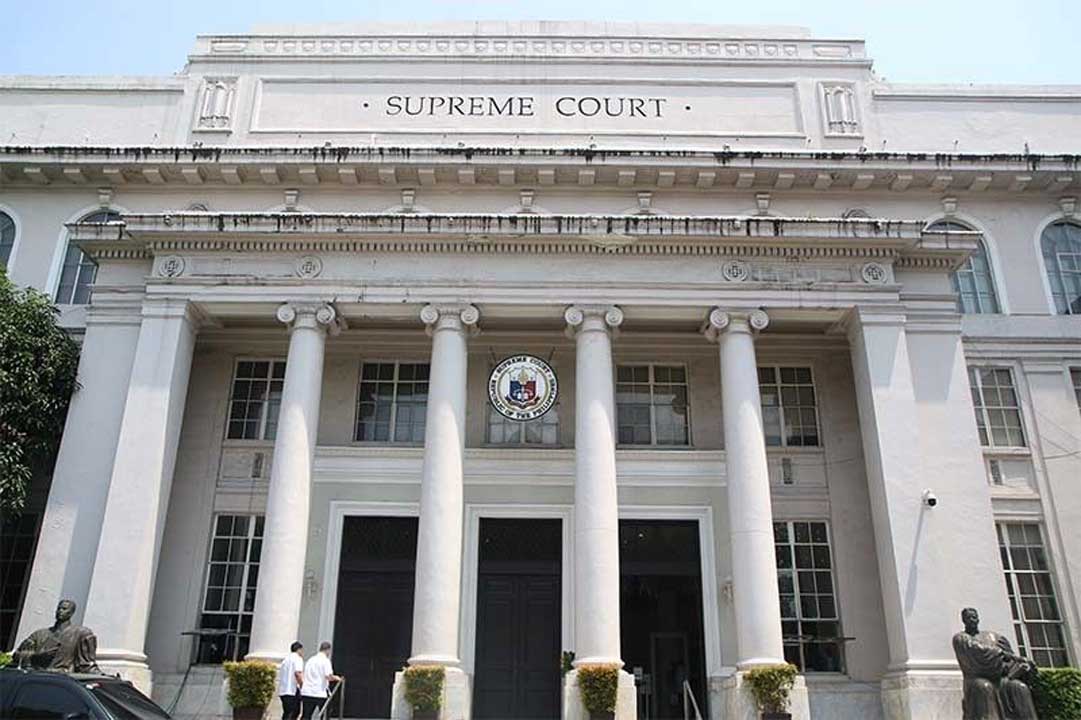 PHILSTAR FILE PHOTO
PHILSTAR FILE PHOTOTHE Supreme Court (SC) has ruled that open spaces and road lots inside subdivisions do not automatically become government property unless formally transferred through a valid deed of donation or similar legal process.
In a 20-page decision promulgated on April 2, the Court’s Second Division, through Associate Justice Jhosep Y. Lopez, denied a petition filed by the Quezon City (QC) government asserting ownership over the open spaces and road lots of Capitol Park Homes Subdivision (CPHS) in Batasan Hills.
At the core of the case was a petition for declaratory relief by a resident, who questioned why the city government and the homeowners’ association treated CPHS’ open spaces and road lots as public despite contested ownership.
The QC government had argued that under local ordinances, subdivision developers were required to cede 6% of their gross area as open space for public use.
The SC, however, stressed that there is no such thing as “automatic cession” of subdivision open spaces to local governments.
“Absent a ‘positive act,’ the QC government’s bare reliance on the effectivity and passage of the ordinances, as well as other relevant laws, do not suffice in proving the public character of the subject properties; thus, it remained private,” the tribunal ruled.
In this case, the Court found that the Quezon City government failed to present proof of donation from the subdivision developer, VV Soliven Realty Corp., or any instrument showing acceptance of such transfer.
“In essence, the QC government’s anchorage on the provisions of the ordinances only theorizes that the subject properties were transferred to them,” the Court wrote.
Citing earlier rulings, including cases involving the White Plains subdivision and the landmark Republic v. Spouses Llamas, the SC reiterated that requiring developers to surrender subdivision roads without their consent would be tantamount to “illegal taking.”
“Consequently, this Court finds it best that the issue regarding the ownership of the subject properties be resolved in the appropriate civil action, which any interested party may subsequently file,” it added. — Erika Mae P. Sinaking

 3 hours ago
1
3 hours ago
1






















 English (US) ·
English (US) ·